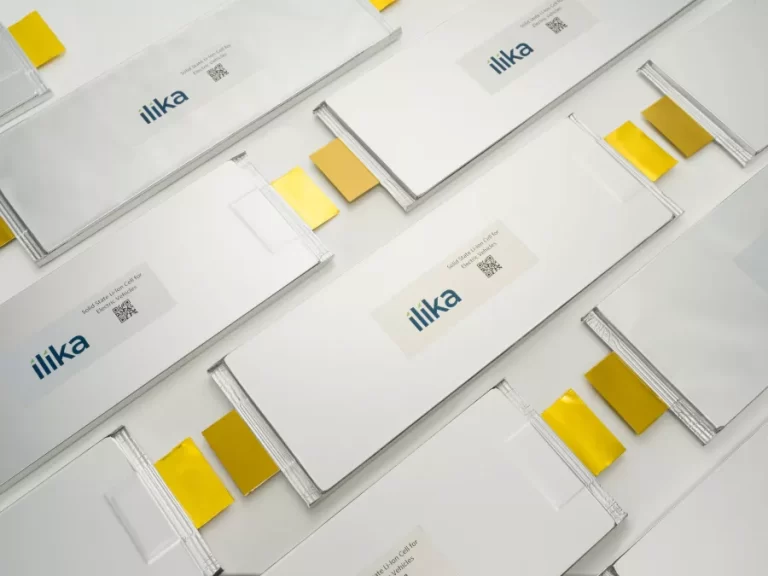Ilika is now squarely in the spotlight as the UK government pledges over £3 billion to supercharge advanced manufacturing and the zero‑emission vehicle supply chain. This capital, alongside a further £1.4 billion earmarked to accelerate the rollout of electric vehicles, underscores a rare moment: policymakers appear resolved not just to fund, but to catalyse a domestic clean‑tech economy. For Ilika, whose Goliath solid‑state battery is progressing from pilot production to industrial scale‑up, the policy backdrop couldn’t be more timely.
Over the past six months, Goliath has leapt forward. Industrial trials at UK Battery Industrialisation Centre have delivered higher yields and robustness in manufacturing, clearing a key hurdle for mass production. Extended tests, spanning safety, rapid charging, and capacity, have consistently outperformed earlier formats. Meanwhile, Ilika’s entry into the 50 Ah prototype range under the Faraday Battery Challenge means the company is approaching break‑even scale formats attractive to EV manufacturers. Weight savings of up to 100 kg per pack are being suggested compared to lithium‑ion equivalents, a margin that speaks directly to the value proposition EV OEMs prize.
Crucially, this isn’t technology in search of a market, it’s deployment in motion. Through collaborative programmes such as Project SiSTEM, supported by the Automotive Transformation Fund, Ilika has built the infrastructure to license cell designs at MWh scale. With Mpac and UKBIC as partners, the company is laying the groundwork for future giga‑scale production lines without shouldering heavy capital expenditure alone. Their MWh‑level pilot facility is live, and licensing discussions with OEM and Tier‑1 players are intensifying.
Investor relevance here is clear: Ilika is executing a capital‑light transition while reducing technical risk. The UK’s newly articulated commitment to long‑term R\&D budgets, £22.6 billion annually, and funding for decarbonisation creates a benign backdrop that supports both development and scale. The government is effectively closing the gap between prototyping and commercial delivery, turning strong R\&D into credible industrial supply.
Importantly, Goliath’s strengths, non‑flammable, fast‑charging, high‑temperature tolerance, fill gaps in conventional battery chemistries. For fleet operators and performance EV segments, these advantages translate into simpler thermal management, lighter battery packs, and potentially longer lifespans. At a time when OEMs are searching for supply chain resilience and differentiation, Ilika’s offering aligns directly with the accelerating EV imperative.
Looking ahead, the end‑2025 target date for releasing 50 Ah prototypes to partners sets a clear milestone. Should these cells meet OEM validation, Ilika transitions from pioneer to supplier. That move would also mark a validation of the UK Battery Strategy and the broader Advanced Manufacturing Plan, effectively turning public intention into private execution.
Ilika’s strategy keeps capex low while collaboration remains central. As OEMs increasingly seek modular, licensable battery tech rather than in‑house juggernauts, Ilika may find itself at the centre of a rapidly evolving global supply chain. With government backing underpinning scale‑up and market access, the company is structurally well positioned.
Ilika plc (LON:IKA) is a pioneer in solid state battery technology enabling solutions for applications in Industrial IoT, MedTech, Electric Vehicles and Consumer Electronics.







































